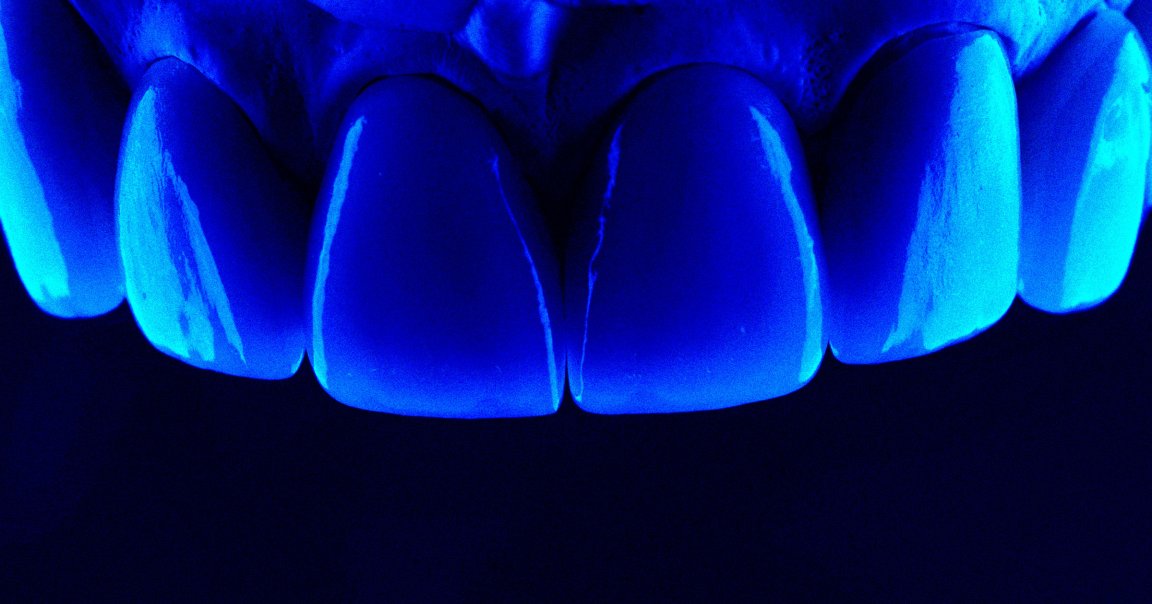
Researchers at the University of Nottingham say they’ve come up with a new type of gel that can repair and rebuild tooth enamel — a potentially game-changing treatment, since dentistry today is largely limited to preventative care and halting the progress of decay, rather than reversing it.
As detailed in a new paper published in the journal Nature Communications, the protein-based gel uses the human body’s natural growth processes from early in life to form a durable coating and fill in small cavities in teeth.
After being coated on a target tooth’s surface, it extracts calcium and phosphate ions from saliva to encourage new growth of minerals. These minerals then merge with the existing tooth, effectively allowing it to regrow lost enamel.
While the gel has yet to be tested in human mouths, it has shown promise on extracted human teeth in a lab. That’s huge, since enamel can’t naturally regenerate.
The gel could also be used to cover dentine, the bony material beneath the enamel that can be exposed due to enamel degradation, leading to infections.
“When our material is applied to demineralized or eroded enamel, or exposed dentine, the material promotes the growth of crystals in an integrated and organized manner, recovering the architecture of our natural healthy enamel,” explained lead author and University of Nottingham postdoctoral fellow Abshar Hasan in a statement.
Lab experiments showed that a thin, protective layer formed within just weeks of applying the gel to extracted human molar teeth.
“We have tested the mechanical properties of these regenerated tissues under conditions simulating ‘real-life situations’ such as tooth brushing, chewing, and exposure to acidic foods, and found that the regenerated enamel behaves just like healthy enamel,” Hasan added.
“The growth actually happens within a week,” University of Nottingham biomedical engineering professor Alvaro Mata told New Scientist.
Mata and his colleagues are looking to commercialize the product as part of a new startup called Mintech-Bio.
However, plenty of work will still be required until we can determine whether it’s safe and effective for humans. Clinical trials are scheduled for early next year.
“Our findings demonstrate a capacity to grow enamel-like structures under conditions that closely imitate various mechanical and chemical challenges found in the mouth,” the researchers wrote in their paper. “However, these tests do not fully recreate the complexity of the in vivo oral environment and, consequently, to fully confirm the capacity to regenerate natural enamel would require in vivo validation, which we envision to pursue in future work.”
Nonetheless, the team hopes that their “technology could potentially provide a one-pot solution for the regeneration of dental enamel independently of the level of tooth erosion.”
More on teeth: Scientists Successfully Grow Human Tooth in Lab, With Aim of Implanting in Humans